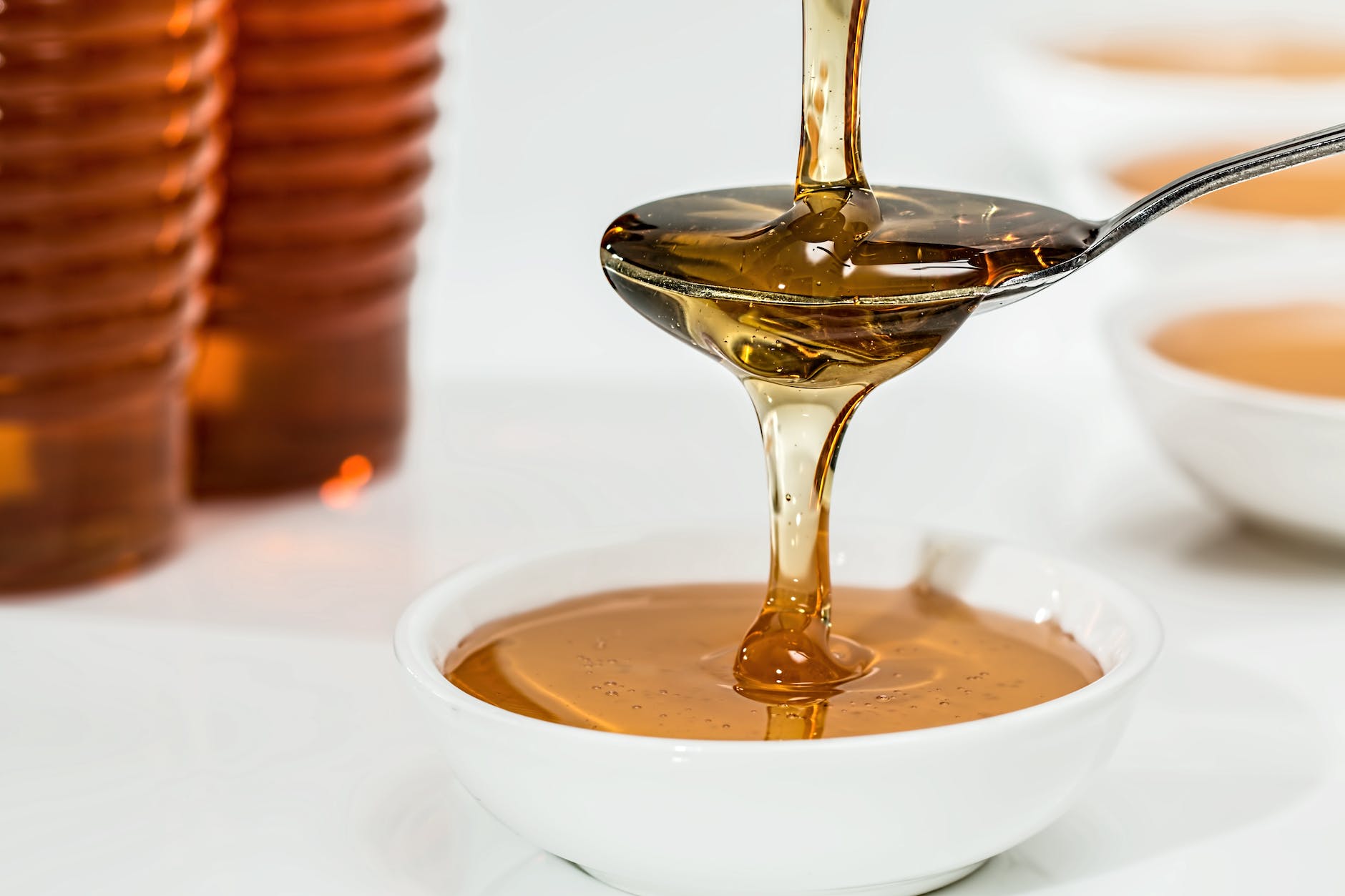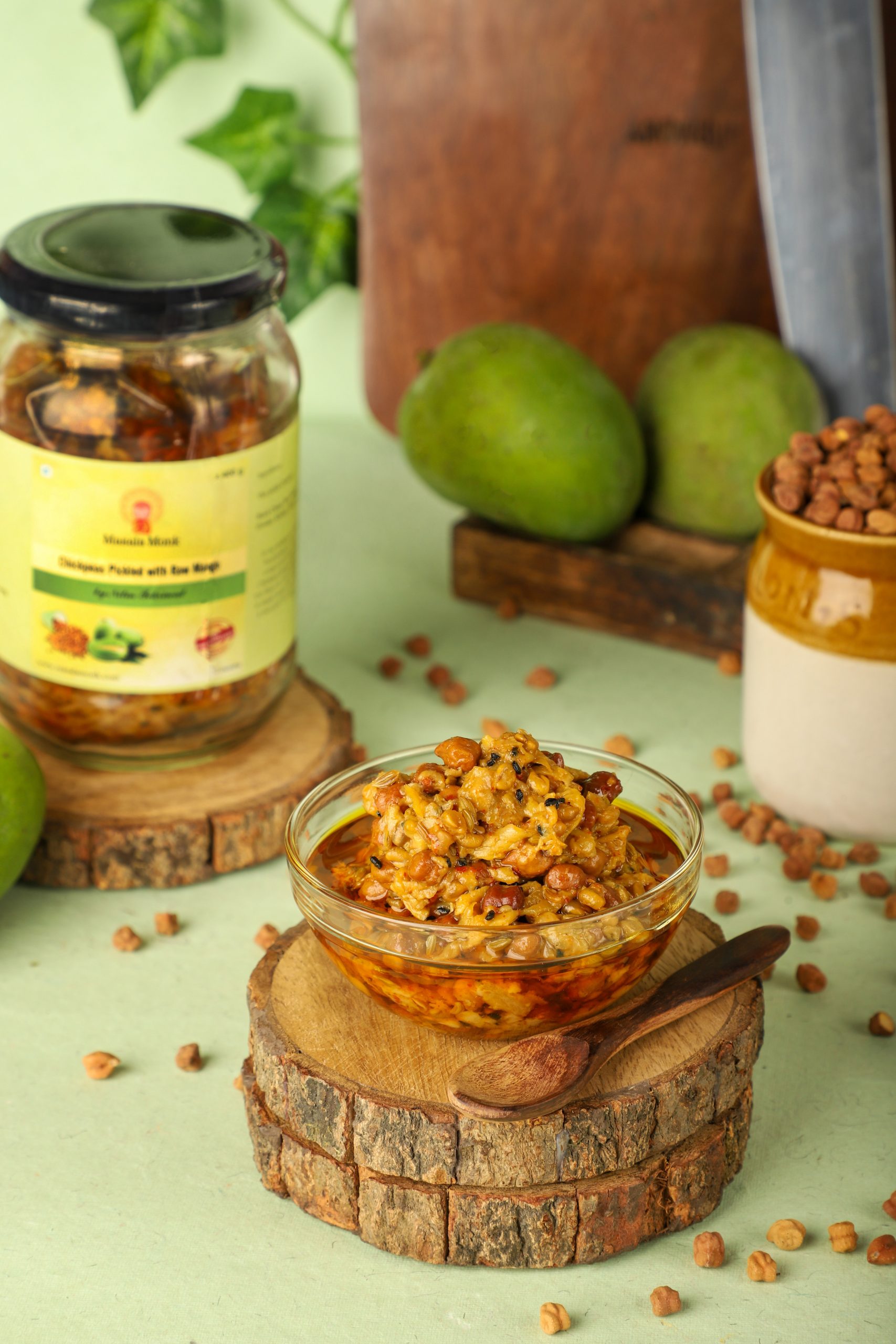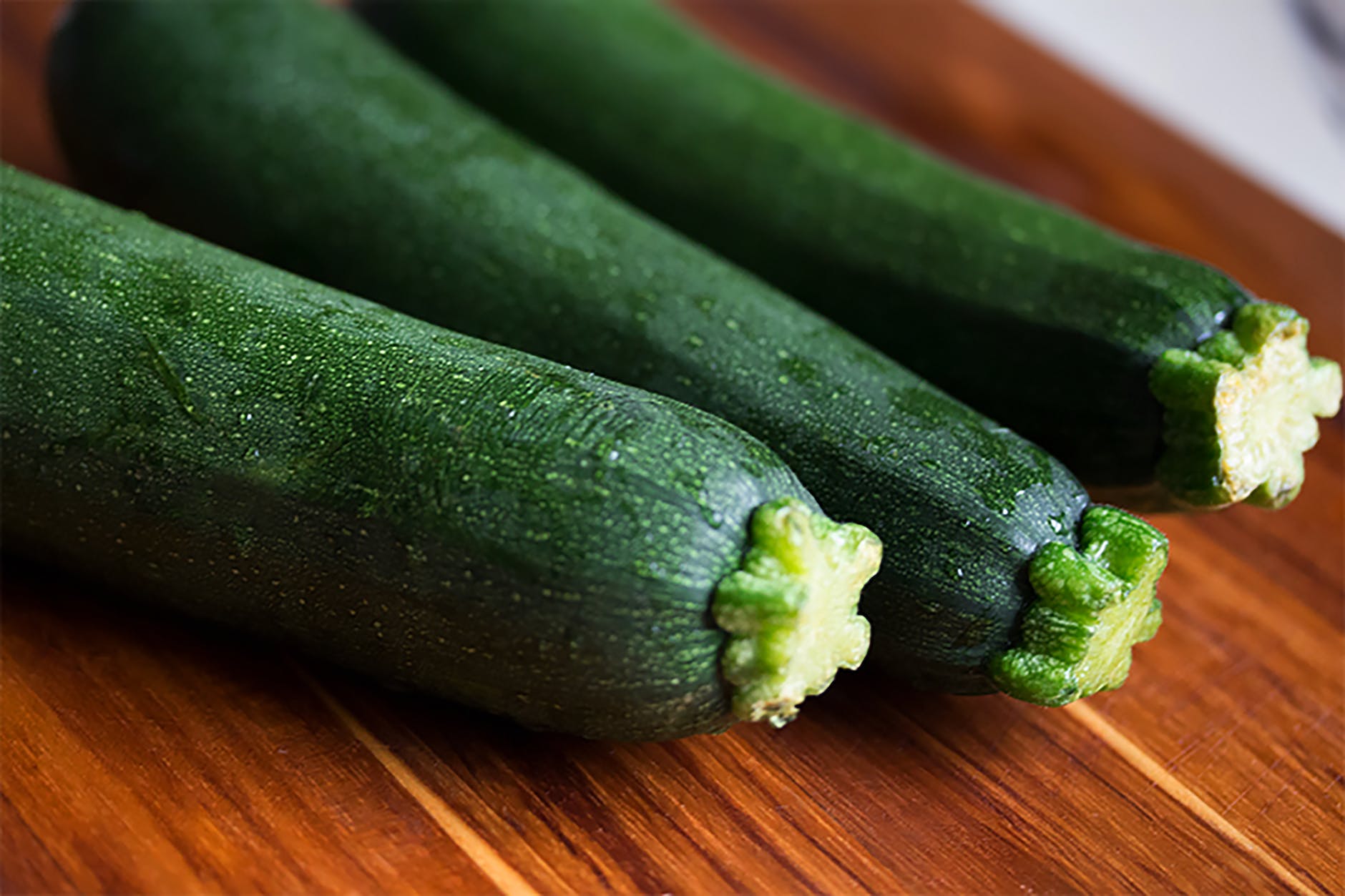
Introduction
In a world where natural and wholesome foods are increasingly sought after, maple syrup stands out as a sweetener that not only adds flavor but also brings a multitude of health benefits. Extracted from the sap of maple trees, it’s a 100% natural sweetener that has been part of the culinary landscape for centuries. This guide delves deeper into the nutritional content, health benefits, and the glycemic impact of maple syrup, offering a comprehensive view and answering the vital question: Is maple syrup genuinely good for you?
Section 1: Nutritional Content of Maple Syrup
Nutritional Value of Maple Sap and Syrup
- Rich in Antioxidants: Maple syrup is a good source of antioxidants, which are crucial for fighting off the damage caused by free radicals.
- Essential Minerals: It contains minerals like manganese, calcium, potassium, and zinc, which play a vital role in bone health, heart health, and immune function.
- Vitamins: Offers vitamins such as riboflavin and niacin, essential for energy production and cellular function.
Nutritional Value of Pure Maple Syrup
- 100% Natural: Pure maple syrup is free from artificial additives, making it a healthier choice.
- No High Fructose Corn Syrup: Unlike many commercial syrups, pure maple syrup does not contain high fructose corn syrup, which has been linked to various health issues.
Section 2: Health Benefits of Maple Syrup
General Health Benefits
- Immune System Support: The minerals and antioxidants in maple syrup contribute to a robust immune system.
- Heart Health: Potassium and antioxidants help in maintaining a healthy heart by reducing oxidative stress and supporting proper heart function.
Weight Management
- Caloric Content: Maple syrup contains fewer calories compared to honey and sugar, making it a better choice for weight management.
- Natural Sweetness: It provides natural sweetness without the need for additional processed sugars.
Digestive Health
- Gut Health: The nutrients in maple syrup can contribute to a healthy gut, promoting good digestion and overall digestive health.
Section 3: Maple Water and Maple Sap Benefits
Hydration and Nutrients
- Low-Calorie Hydration: Maple water is a low-calorie beverage that offers hydration with the added benefit of nutrients.
- Electrolytes: Contains natural electrolytes, aiding in maintaining proper body function.
Antioxidant Properties
- Oxidative Stress Reduction: Helps in reducing oxidative stress, contributing to overall well-being and reduced inflammation.
Section 4: Glycemic Impact
Comparing with Other Sweeteners
- Lower Glycemic Index: Maple syrup has a lower glycemic index compared to refined sugar, meaning it has a more gradual impact on blood sugar levels.
- Balanced Blood Sugar: It helps in maintaining balanced blood sugar levels, reducing the risk of diabetes and other metabolic disorders.
Section 5: Considerations and Precautions
Moderation and Dietary Concerns
- Mindful Consumption: While maple syrup is nutritious, it’s essential to consume it mindfully as part of a balanced diet.
- Blood Sugar Impact: Be aware of the portion sizes to ensure it does not adversely affect blood sugar levels.
Choosing the Right Maple Syrup
- Opt for Organic: Choosing organic maple syrup ensures you are consuming a product free from pesticides and other harmful chemicals.
Section 6: Conclusion
In conclusion, maple syrup emerges as a natural sweetener that not only enhances the taste of various foods but also contributes positively to health and well-being. Understanding its nutritional profile, health benefits, and glycemic impact is crucial for making informed dietary choices and enjoying the sweetness of maple syrup without compromising health.
FAQs
1. What are the nutritional benefits of maple syrup?
Maple syrup is rich in antioxidants, essential minerals like manganese, calcium, potassium, and zinc, and vitamins such as riboflavin and niacin. These nutrients play a crucial role in various bodily functions, including supporting the immune system, promoting heart health, and aiding in energy production and cellular function.
2. How does maple syrup contribute to weight management?
Maple syrup is a natural sweetener that contains fewer calories compared to honey and sugar. Its natural sweetness can help satisfy your sweet cravings without the need for additional processed sugars, aiding in weight management when consumed in moderation.
3. Is maple syrup a good option for maintaining heart health?
Yes, the potassium and antioxidants present in maple syrup help in maintaining a healthy heart by reducing oxidative stress and supporting proper heart function. Including it in a balanced diet can contribute to overall heart health.
4. How does maple syrup compare with other sweeteners in terms of glycemic impact?
Maple syrup has a lower glycemic index compared to refined sugar, meaning it has a more gradual impact on blood sugar levels. This property helps in maintaining balanced blood sugar levels, reducing the risk of diabetes and other metabolic disorders.
5. Can maple syrup be included in a diet for digestive health?
Maple syrup contains nutrients that can contribute to a healthy gut and promote good digestion. Including it as part of a diet rich in fiber and other digestive-friendly foods can enhance digestive health.
6. What should be considered while choosing maple syrup for consumption?
Opting for organic maple syrup is advisable to ensure you are consuming a product free from pesticides and other harmful chemicals. Additionally, being mindful of portion sizes is essential to avoid adverse effects on blood sugar levels.
Call to Action
Embrace the natural sweetness and multifaceted health benefits of maple syrup by making it a part of your balanced diet. Share this comprehensive guide with others and spread the word about the healthful wonders of maple syrup. Stay informed, make wise dietary choices, and enjoy the delectable and health-boosting flavors of pure maple syrup in your meals and treats.
Would you like to add or modify any section in this detailed blog post? Your feedback is invaluable in ensuring the effectiveness and comprehensiveness of this guide.
Blog Tags for the Post
maple syrup, nutritional content, health benefits, glycemic index, natural sweetener, weight management, heart health, digestive health, organic maple syrup, antioxidants, essential minerals, vitamins, maple water benefits, maple sap benefits, blood sugar impact, dietary choice













